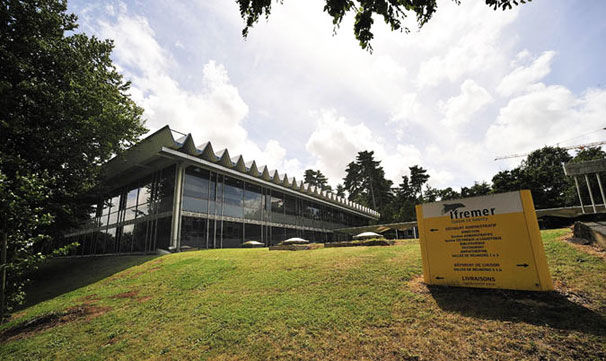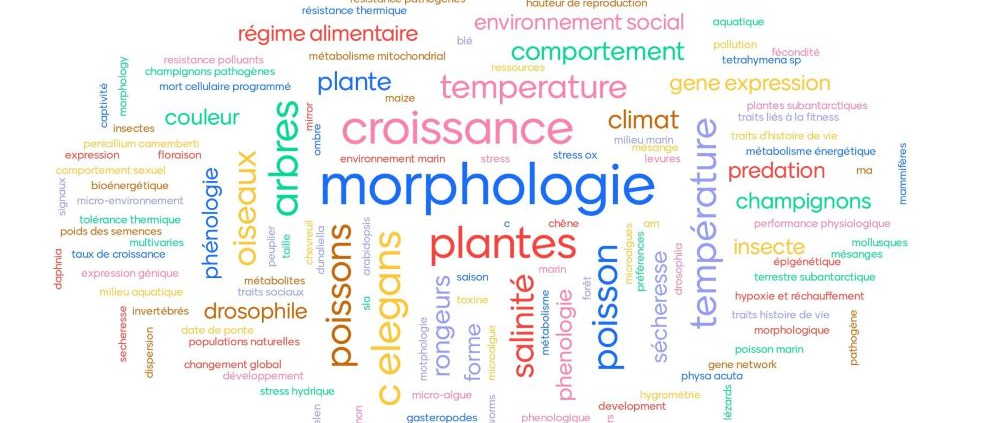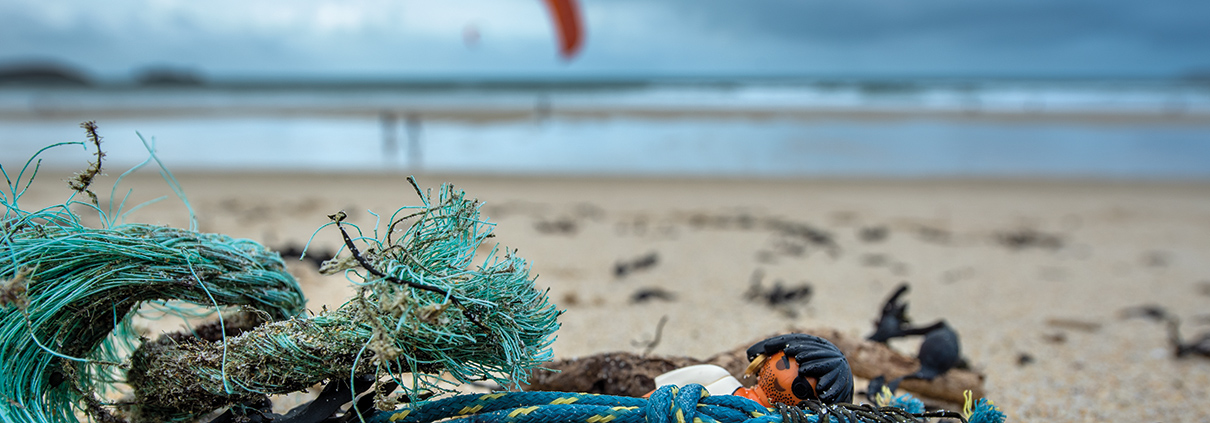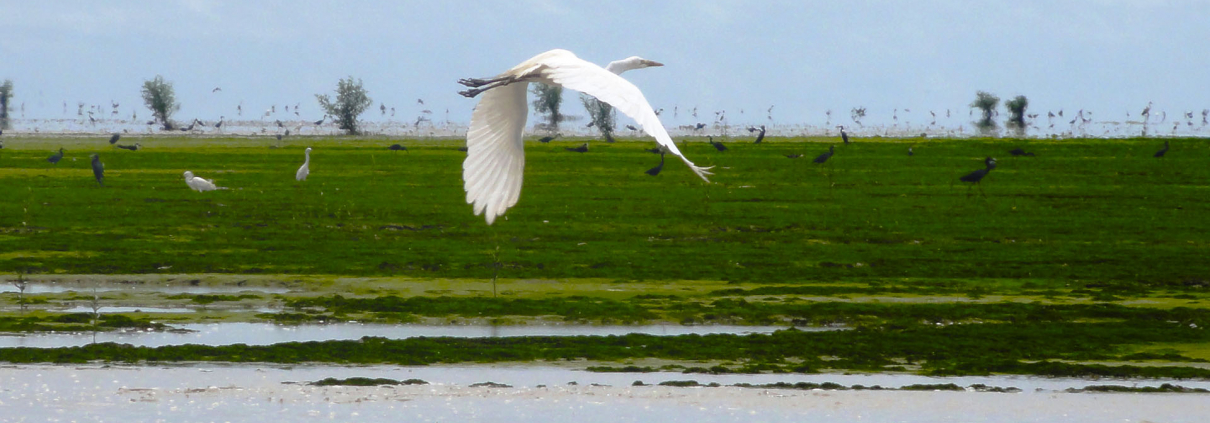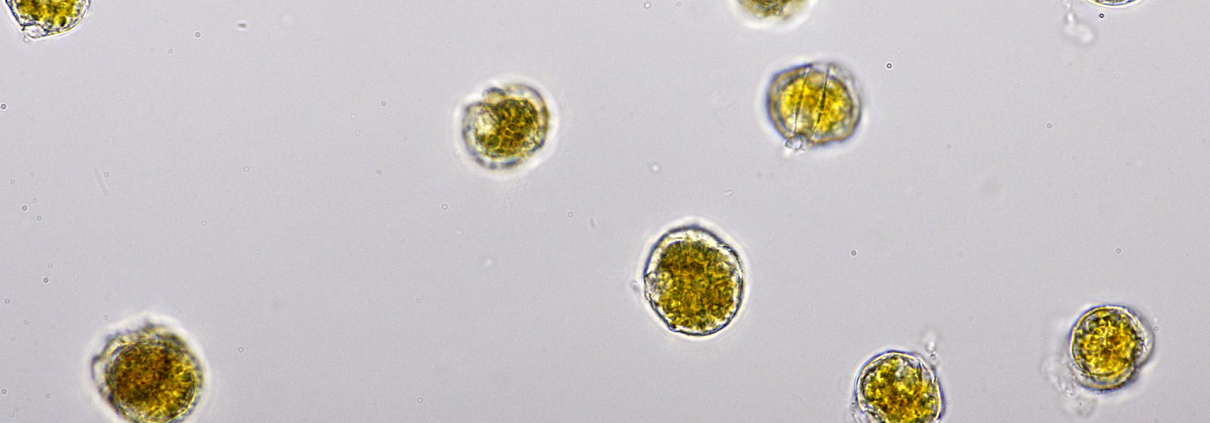Phycotox 2023 : Annual conference GdR Phycotox – GIS Cyanobacteria 2023
This year, the GdR phycotox, co-directed by Hélène Hégaret (CNRS, LEMAR) and Philipp Hess (Ifremer-Nantes), is organizing its annual meeting jointly with the GIS Cyanobacteria, around a scientific conference that will take place face-to-face at Ifremer Nantes from May 23 to 25, 2023.
https://phycotox2023.sciencesconf.org/
The GdR PHYCOTOX was created in 2013 to bring together actors from the scientific community specializing in toxic and harmful microalgae and their impacts on human and environmental health. It was renewed in 2018 for 5 years in order to continue the collaborative work with the aim of addressing fundamental societal issues and helping sectors affected by these phenomena (aquaculture, fisheries, tourism etc.) and risk assessors and managers

